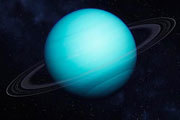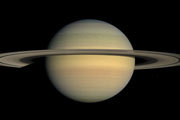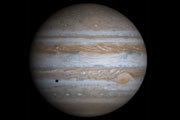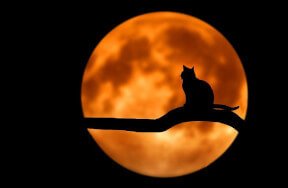When the Greeks discovered Venus they probably thought they were seeing another Earth. Venus is referred to Earth's sister planet because both are similar in density, volume, size and mass but after a closer look, you'll see they are quite different.
Venus - What It's All About
Although there are mountains, valleys and even active volcanoes, there is no water on Venus. The atmosphere is also much warmer on this planet. Unlike Earth, Venus has no oceans and is surrounded by an atmosphere of carbon dioxide. Instead of water vapour, Venus has clouds made out of sulfuric acid!
Venus - The Goddess Of Love
The Greeks called this planet Venus after the goddess of love and beauty because it is the third brightest object in the sky after the sun and moon. That doesn't mean you can always spot Venus in the sky. It is only visible for three hours before sunrise and three hours after sunset, which is why it's also called the Morning and Evening Star. The clouds that surround Venus are actually responsible for its brightness. The clouds are made of sulfuric acid, which causes Venus to reflect over half the sunlight that reaches it! Venus rotates slowly and in the opposite direction of the Earth's rotation. This means the sun rises in the west and sets in the east - opposite of us.
Venus - Fun Facts
- Venus doesn't have a moon.
- Venus is the sixth largest planet in our solar system, while Earth is the fifth.
- Here's something you might not know: Venustraphobia is the fear of beautiful women.
- The surface temperature of Venus is 482 C (900 F). That's hotter than Mercury.
- One year on Venus is 255 days but one Venus day equals 243 Earth days!

































